
Guru Nanak Jayanti Founder of Sikhism AlightIndia
Commonly, a binomial coefficient is indexed by a pair of integers n ≥ k ≥ 0 and is written It is the coefficient of the xk term in the polynomial expansion of the binomial power (1 + x)n; this coefficient can be computed by the multiplicative formula which using factorial notation can be compactly expressed as

Guru Nanak Images HD Ki Photo Wallpaper With Picture Gallery & Photo
The binomial theorem (or binomial expansion) is a result of expanding the powers of binomials or sums of two terms. The coefficients of the terms in the expansion are the binomial coefficients \( \binom{n}{k} \). The theorem and its generalizations can be used to prove results and solve problems in combinatorics, algebra, calculus, and many other areas of mathematics.

Rs 550 coin will mark Guru Nanak's 550th birth anniversary
In mathematics, the factorial of a non-negative integer , denoted by , is the product of all positive integers less than or equal to . The factorial of also equals the product of with the next smaller factorial: For example, The value of 0! is 1, according to the convention for an empty product. [1]

Intelliblog GURU NANAK
A new rocket developed by United Launch Alliance launches the Peregrine lunar lander on the first moon landing mission from the United States in 52 years.

Was Guru Nanak Dev Ji Sindhi? Why Do Sindhis Also Pray To Waheguru
In summary, the equation (A) n!/ (n-k)! = n (n-1) (n-2). (n-k+1) is true because it is an informal shorthand that is meant to stop at (n-k+1) and not include (n-2) as a factor.
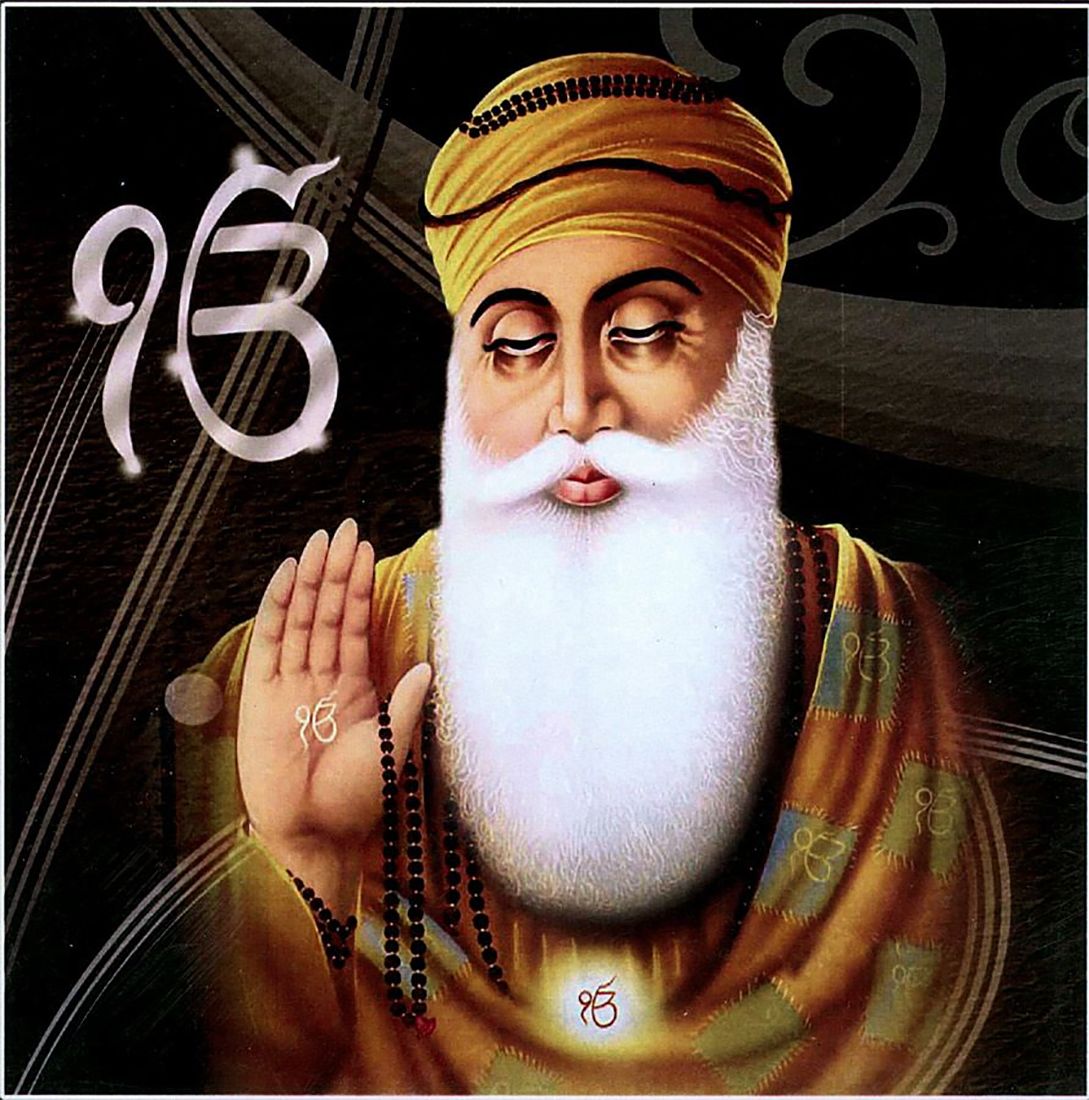
Guru Nanak Poster
The 1 is the number of opposite choices, so it is: n−k. Which gives us: = p k (1-p) (n-k) Where. p is the probability of each choice we want; k is the the number of choices we want; n is the total number of choices
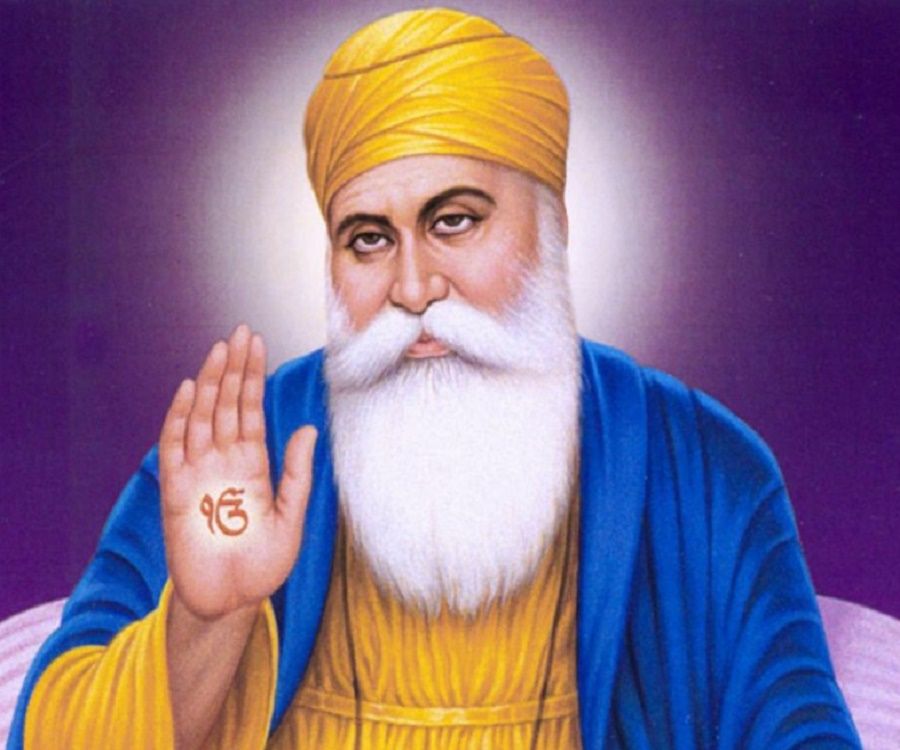
Guru Nanak Dev Anti Vuvuzela
The binomial coefficient appears as the k th entry in the n th row of Pascal's triangle (counting starts at 0, i.e.: the top row is the 0th row). Each entry is the sum of the two above it. In elementary algebra, the binomial theorem (or binomial expansion) describes the algebraic expansion of powers of a binomial.

Guru Nanak Jayanti
It is also known as a binomial coefficient. It is used to find the number of ways of selecting k different things from n different things. The n choose k formula is also known as combinations formula (as we call a way of choosing things to be a combination). This formula involves factorials. The n Choose k Formula is: C (n , k) = n! / [ (n-k)! k!

Guru Nanak The founder of Sikhism
W 19.5 / M 18. Add to Bag. Favorite. In today's game, slow-footed slugs get sought out and exposed. Space makers stay on the floor. The G.T. Cut 2 EP helps you stop on a dime and accelerate back into the open lane in a low-to-the-ground design that helps minimize court contact while switching direction. We used insights from female athletes.

Images of Nanak JapaneseClass.jp
K&N FILTERS. For over 50 years, K&N® has been an industry-leader in automotive filtration and technology—offering products to increase performance, protection, and longevity in thousands of vehicle applications for consumers worldwide. In the early 1960s, two motorcycle racers, Ken Johnson and Norm McDonald (K&N), developed a ground-breaking.
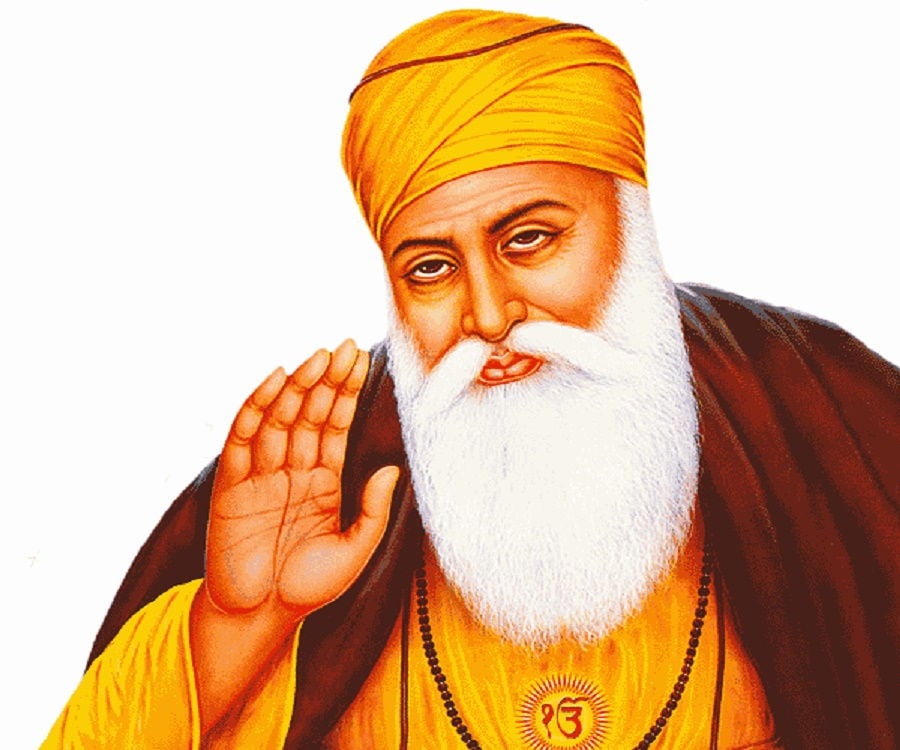
Guru Nanak Dev Brazil Network
10,000 combinations. First method: If you count from 0001 to 9999, that's 9999 numbers. Then you add 0000, which makes it 10,000. Second method: 4 digits means each digit can contain 0-9 (10 combinations). The first digit has 10 combinations, the second 10, the third 10, the fourth 10. So 10*10*10*10=10,000.
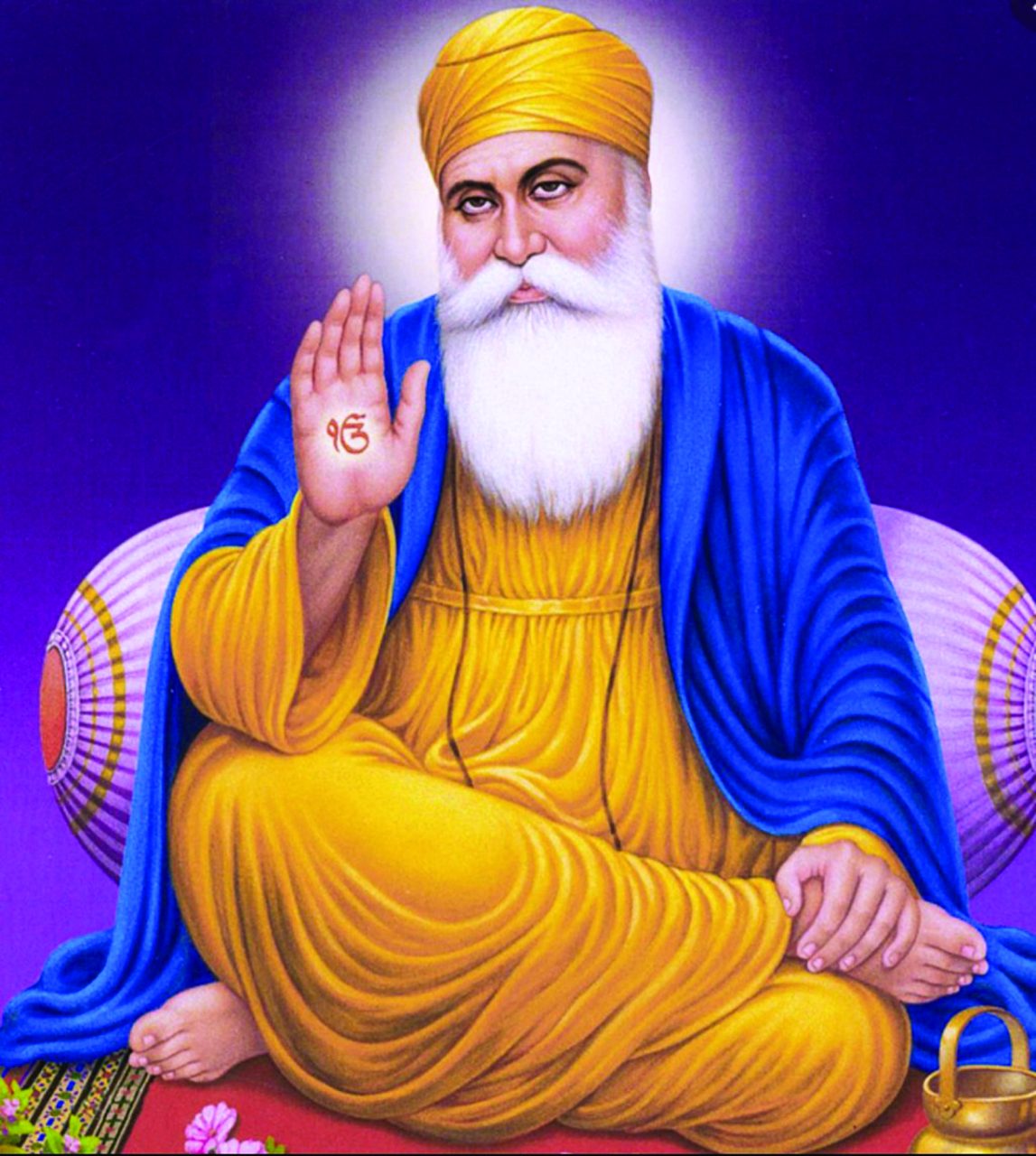
Indian HC celebrates life of Guru Nanak Dev on 551st birth anniversary
It depends on how you have defined (kn). If the definition of (kn) is "the number of k -element subsets of an n -element set" then to evaluate "the number of ways to first choose a k. How to evaluate binomial coefficients when k = 0 and 1 ≥ ∣n∣ ≥ 0
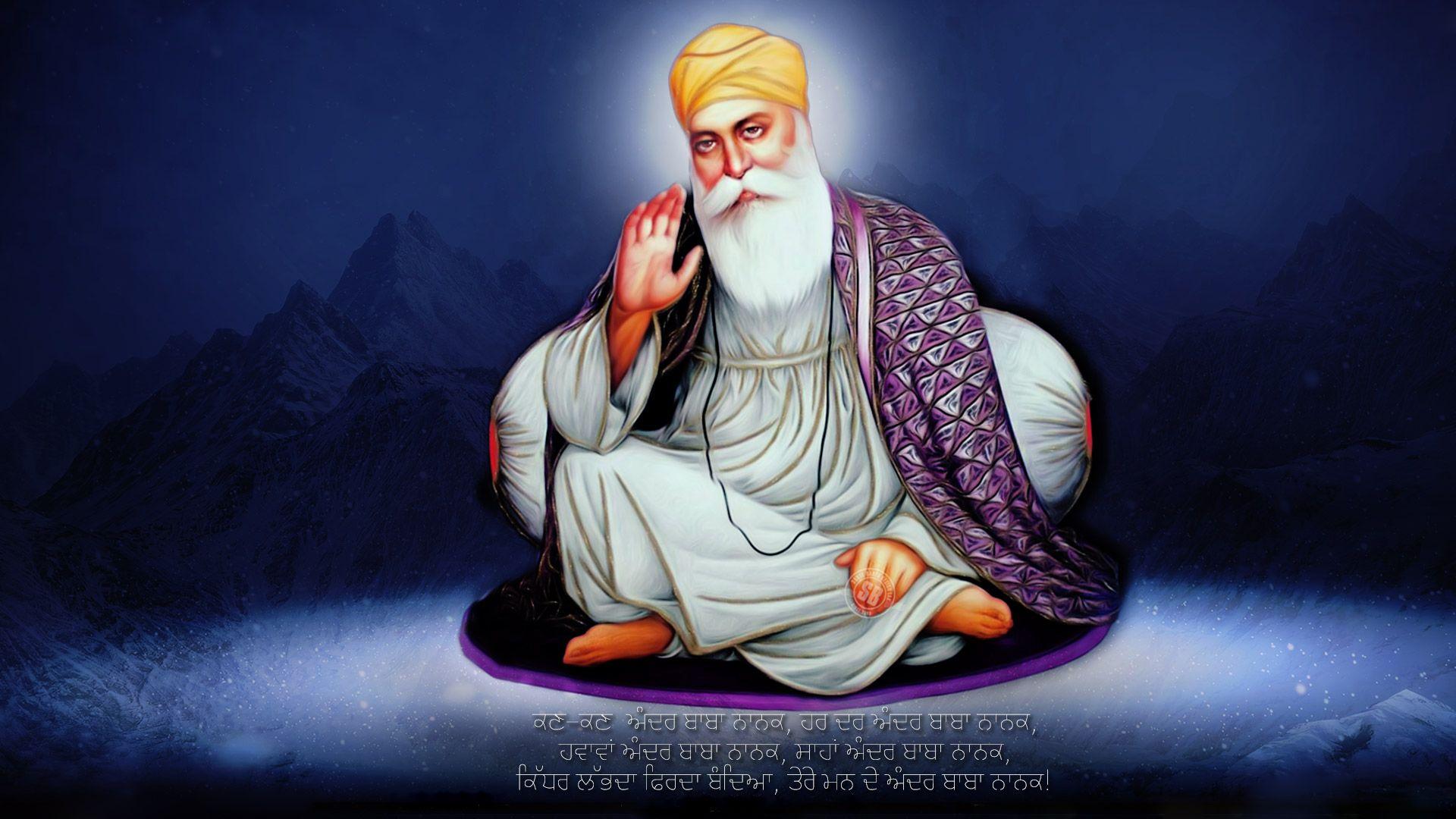
Guru Nanak Ji Wallpapers Top Free Guru Nanak Ji Backgrounds
1 Answer Topscooter Dec 18, 2015 (n − k)! n! = 1 (n − k +1)! Explanation: You simply develop n! and (n −k)!. n − k < n so (n −k)! < n! and (n − k)! divides n!. All the terms of (n −k)! are included in n!, hence the answer. Answer link ( (n-k)!)/ (n!) = 1/ ( (n-k+1)!) You simply develop n! and (n-k)!. n-k < n so (n-k)! < n! and (n-k)! divides n!.

Guru Nanak Dev 550th Birth Anniversary Know Date And Significance of
The binomial coefficient is the number of ways of picking unordered outcomes from possibilities, also known as a combination or combinatorial number. The symbols and are used to denote a binomial coefficient, and are sometimes read as " choose ." therefore gives the number of k -subsets possible out of a set of distinct items.

Ilustração De Retrato De Guru Nanak PNG , Guru Nanak Jayanti
14 They say that (n k) = ( n n − k). Can someone explain its meaning? Among many problems that use this proof, here is an example: The english alphabet has 26 letters of which 5 are vowels (and 21 are consonants). How many 5 -letter words can we form by using 3 different consonants and 2 different vowels?
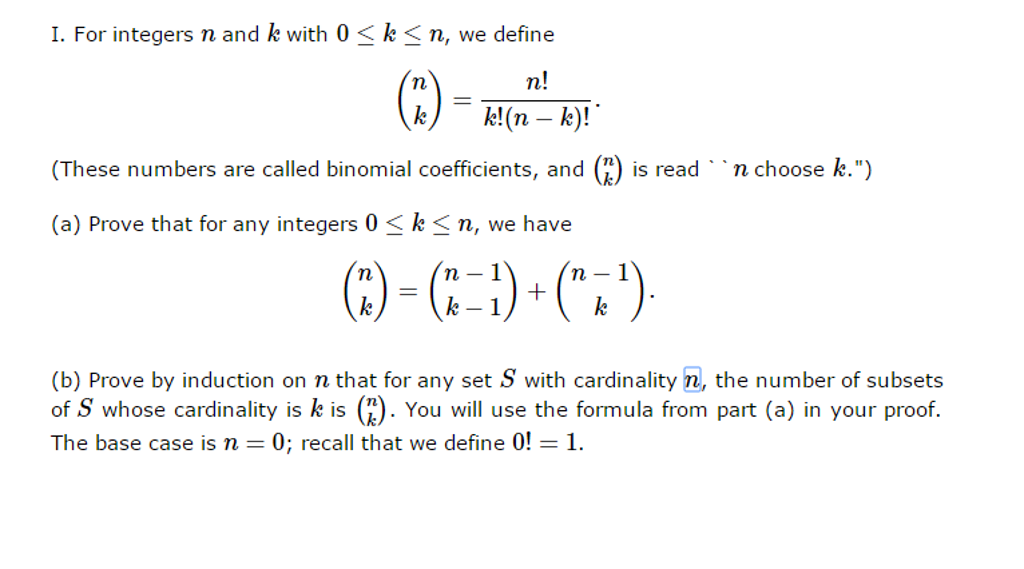
Solved For integers n and k with 0 lessthanorequalto k
For 0 < k <= n, the maximum of n, k and n-k is n, therefore the idea is to only compute n! and to infer in the same loop, the values for k! and (n-k)!. Thus the final time complexity is O(n). Such a function could look like this: public static long combinationsCount(int n, int k) { //this will hold the result for n!